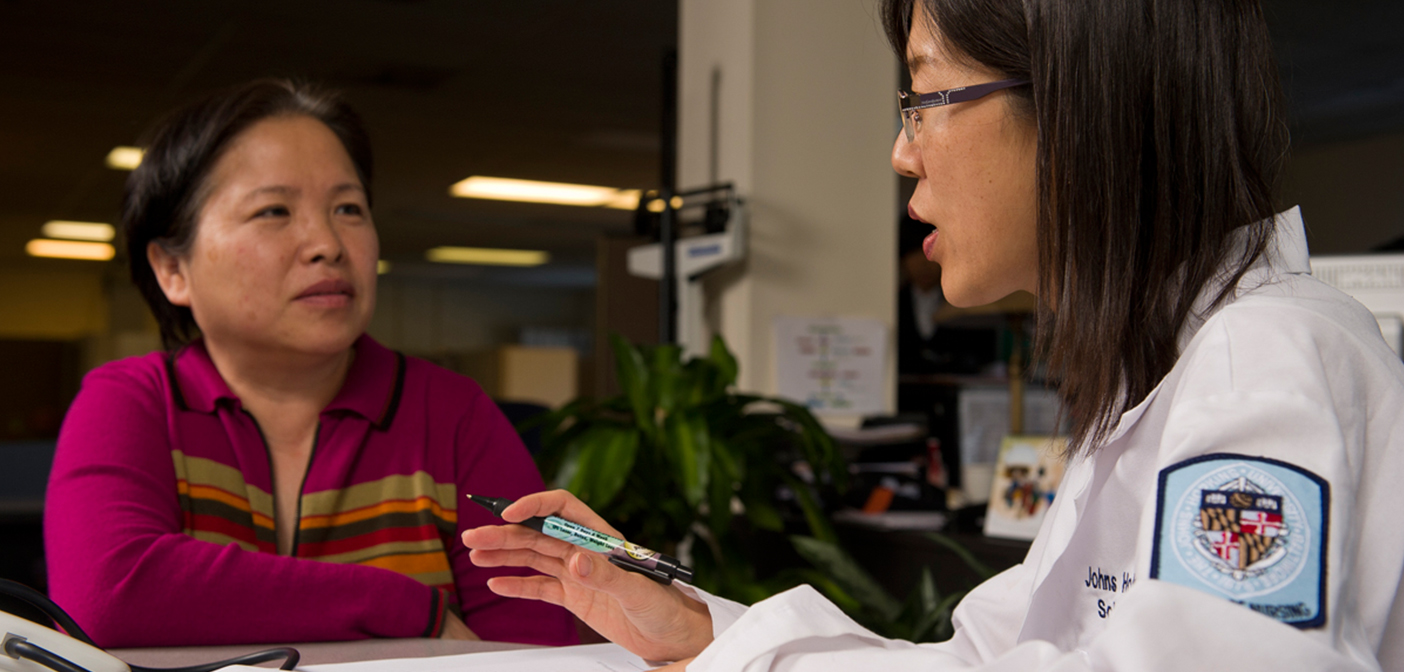“The new nurse will not care for Americans only when they are seriously ill or disabled but help prevent many, many Americans from ever becoming so.”It’s been another amazing year for nursing. In May, the Maryland legislature passed a law that removes a mandate that nurse practitioners maintain “attestation agreements” with physicians as a pre-condition of licensing. This had meant that in those areas where NPs are desperately needed, underserved areas with few physicians, they were not allowed to practice. It’s a testament to the determination and persuasiveness—and common sense—of nurses like our own Julie Stanik-Hutt that, after 37 years of pushing, what we’ve always seen as a simple truth has been written into law. (Read more here.)
And we all celebrated in June when the Supreme Court verdict came down in the King v. Burwell challenge to the Affordable Care Act (ACA). It wasn’t out of a sense that everything in healthcare will suddenly be peaches and cream but a sense that, for the moment, the ground has stopped moving beneath our feet. An opportunity for tremendous growth in the nursing profession, which we sensed was at hand, was indeed upheld.
Our new Master’s Entry into Nursing curriculum was part of our anticipation of and initial response to the ACA. We’re thrilled to have just enrolled our initial class of bright, driven students who will receive the education and tools to become the advanced bedside nurses, hospital leaders, faculty, and researchers we need now. You’ll meet Marielle Griggs, a member of that initial Master’s Entry cohort, and her mom, an alumna in “Mother Knows Best.” Marielle and her classmates are the roots from which a new type of nursing will grow.
The ACA opens the door but also demands models of care that allow nurses to practice to the top of their licenses and promote health along the continuum of life. The new nurse will not care for Americans only when they are seriously ill or disabled but help prevent many, many Americans from ever becoming so.
And there’s more. “Science without collaboration doesn’t work. If you try to do any [research] work in quality and patient safety without nurses having a voice, you’re dead in the water,” Elliott Haut, MD, PhD, a Johns Hopkins trauma surgeon, tells Johns Hopkins Nursing.
Dr. Haut was interviewed as part of our main article (“Trailblazing Trend”), which focuses on how the nursing profession has already expanded its horizons. Those who fund medical research have realized: Nurses play such an essential role in putting results into practice, why not insist that they be part of the entire process of discovery? How very “Johns Hopkins.” It was our benefactor, after all, who insisted that instruction for nurses be part of the medical institution that would bear his name.
So this trend is both transformational and long overdue. Nurses have gotten their spot at the research table. How do we stay there? By continuing to earn it. We expect nothing less than to be challenged and to respond as another watershed moment for nursing arrives … and we stand ready.
Best wishes, and please enjoy the Summer 2015 issue of Johns Hopkins Nursing.Patricia M. Davidson
PhD, MEd, RN
Dean, Johns Hopkins School of Nursing
